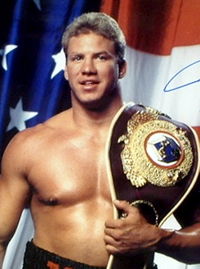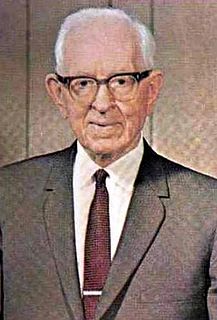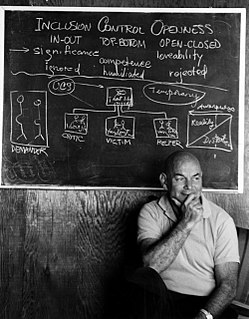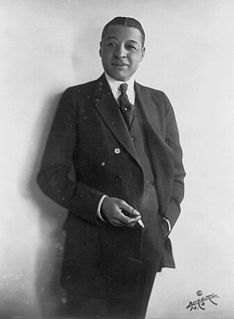A Quote by Lenny Kravitz
Related Quotes
Good motives aside, white condescension does more damage than good. White condescension says to a black child, 'The rules used by other ethnic groups don't apply to you. Forget about work hard, get an education, posses good values. No, for you, we'll alter the rules by lowering the standards and expecting less.' Expect less, get less.
People who thought that she was busy going around trying to stir up difficulty where there was none or less than she imagined, were quite critical of her. She was, we must never forget, a public figure. And in democracies, public figures tend to attract criticism as well as praise. The most dangerous thing would be if anybody were regarded as above criticism. And Eleanor Roosevelt is, in recent years, getting there.
That was one of the big problems in the [Black Panther] Party. Criticism and self-criticism were not encouraged, and the little that was given often wasn’t taken seriously. Constructive criticism and self-criticism are extremely important for any revolutionary organization. Without them, people tend to drown in their mistakes, not learn from them.
There is a reason why one man is born black and with other disadvantages, while another is born white with great advantages. The reason is that we once had an estate before we came here, and were obedient; more or less, to the laws that were given us there. Those who were faithful in all things there received greater blessings here, and those who were not faithful received less
There were colored and white waiting rooms everywhere, from doctor's offices to the bus stations, as people may already know. But there were actually colored windows at the post office in, for example, Pensacola, Florida. And there were white and colored telephone booths in Oklahoma. And there were separate windows where white people and black people would go to get their license plates in Indianola, Mississippi. And there were even separate tellers to make your deposits at the First National Bank in Atlanta.
The weekly cartoons, as were my plays, came from a sense of criticism, criticism of the times, critical of the culture, of our manners and attitudes towards each other. The children's books come from the reverse. They're more supportive, since we're living in a time where we talk more about kids and do less, we talk about balancing the budget and we do it by cutting education.
How I feel about and behave toward myself is the basic determinant of most of my behavior. If I improve my self-regard, I will find that dozens of behaviors change automatically. If, for example, I increase my feelings of self-competence, I will probably be less defensive, less angered by criticism, less devastated if I do not get a raise, less anxious when I come to work, better able to make decisions, and more able to appreciate and praise other people.
People sometimes ask me if I would not give anything to be white, I answer, in the words of the song, most emphatically, 'No.' How do I know what I might be if I were a white man? I might be a sand-hog, burrowing away and losing my health for $8 a day. I might be a street-car conductor at $12 or $15 a week. There is many a white man less fortunate and less well equipped than I am. In fact, I have never been able to discover that there was anything disgraceful in being a colored man. But I have often found it inconvenient - in America.
Those who came to the United States didn't realize they were white until they got here. They were told they were white. They had to learn they were white. An Irish peasant coming from British imperial abuse in Ireland during the potato famine in the 1840s, arrives in the United States. You ask him or her what they are. They say, "I am Irish." No, you're white. "What do you mean, I am white?" And they point me out. "Oh, I see what you mean. This is a strange land."
When...did it become irrational to dislike religion, any religion, even to dislike it vehemently? When did reason get redescribed as unreason? When were the fairy stories of the superstitious placed above criticism, beyond satire? A religion was not a race. It was an idea, and ideas stood (or fell) because they were strong enough (or too weak) to withstand criticism, not because they were shielded from it. Strong ideas welcomed dissent.



































